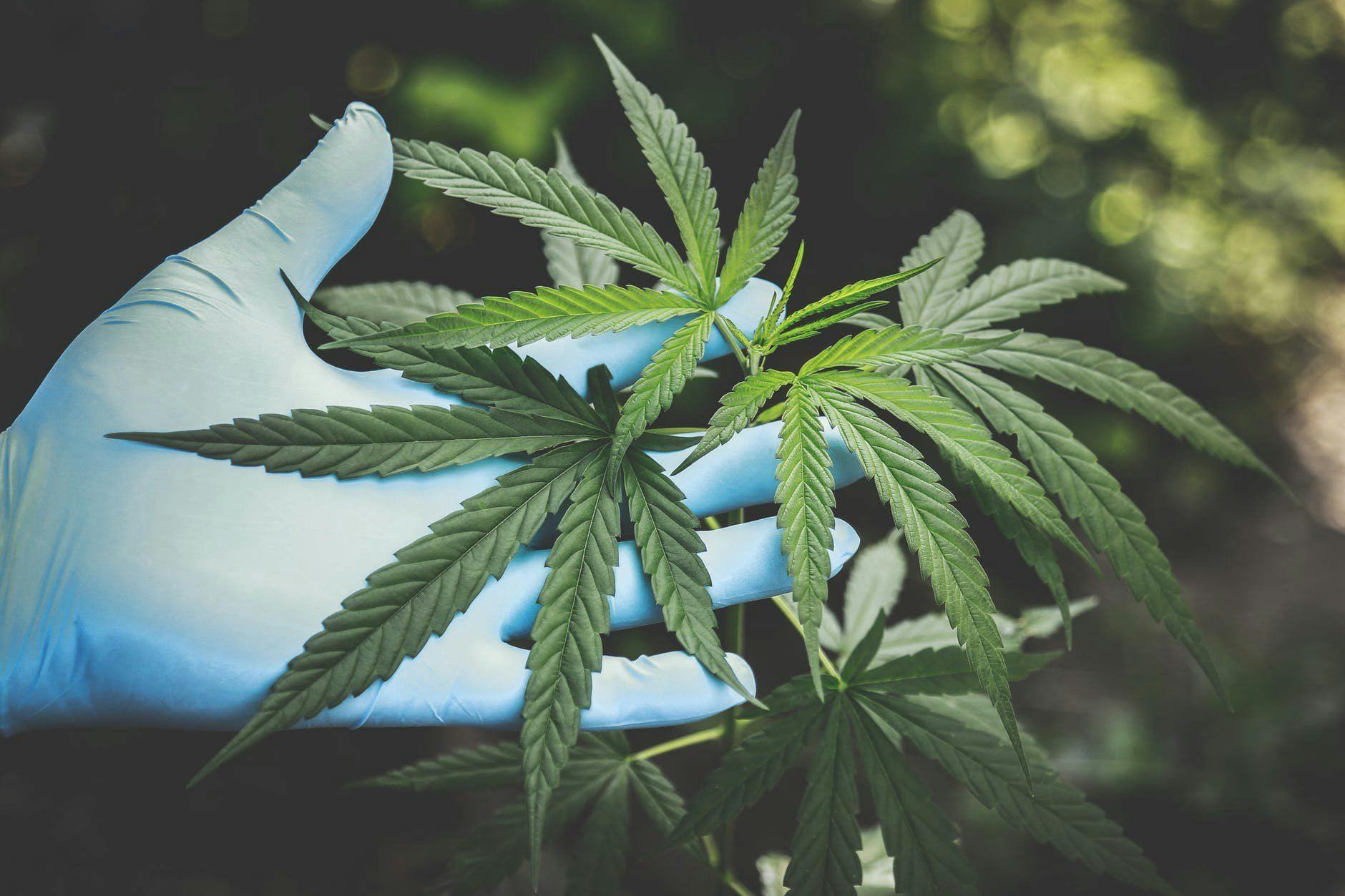283 reads
How Technology is Driving the Medical Marijuana Industry
by
February 18th, 2021

William is a Medical Marijuana and CBD enthusiast who is also passionate about technology.
About Author
William is a Medical Marijuana and CBD enthusiast who is also passionate about technology.
